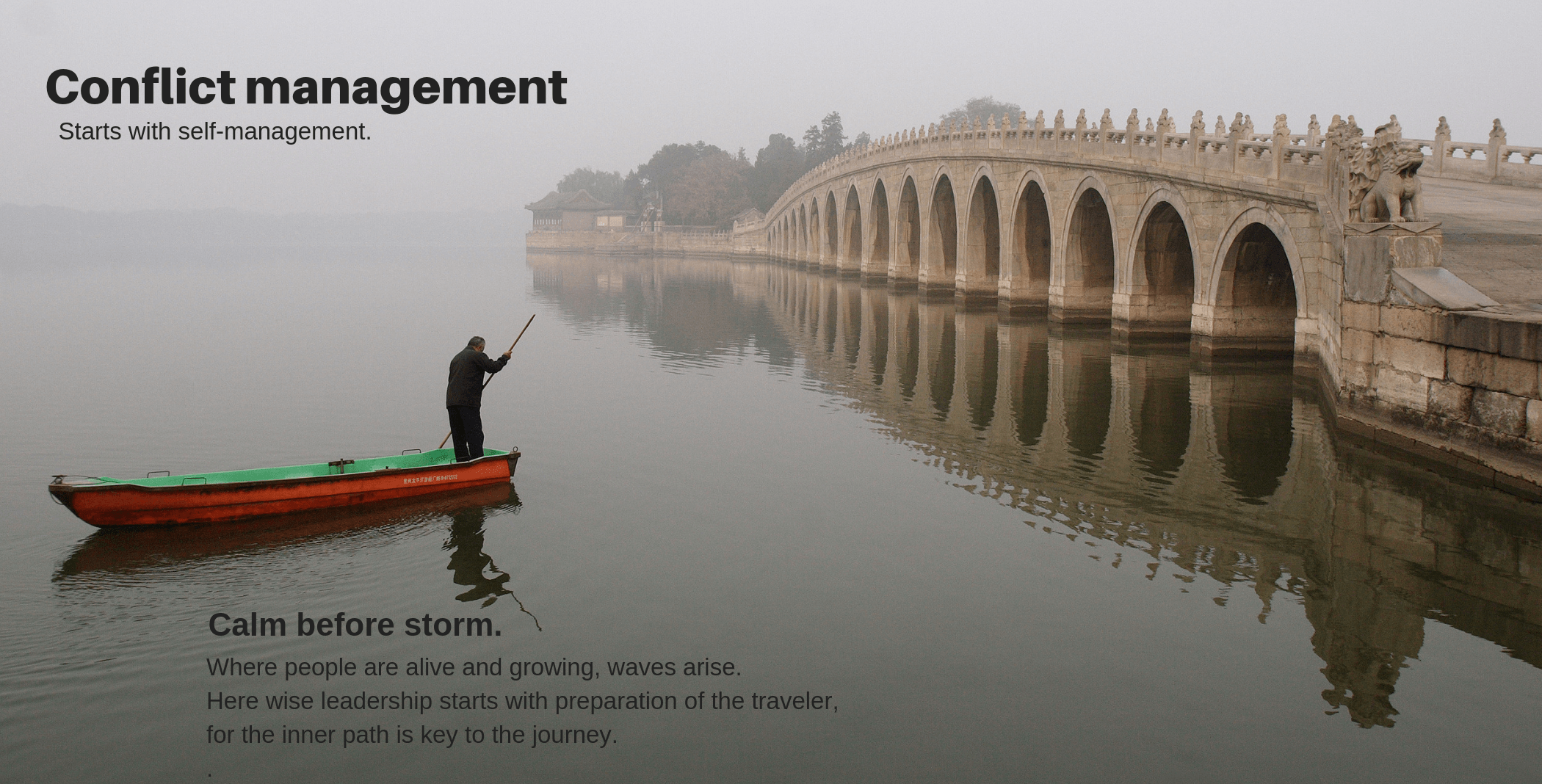About the Combination of Directing and Avoiding in Storm Settings
You scored high for both Directing and Avoiding in Storm. This combination has a particular character that you should be aware of.
A strength of this combination is robust defensive capacity. The tendency will be to either strongly engage without yielding (Directing) or to withdraw and delay (Avoid), but never to compromise or give in. This combination of styles will serve you well where there is need for leadership or position that is uncompromising, or where there is challenging work needing to be done with little social support available.
Weaknesses: This combo also has particular limitations that you may wish to train yourself to overcome. As conflict styles, neither Directing nor Avoiding give weight to relationships. Conflict and work where relationships are important (which is the majority, really) will require special effort on your part. If you scored much higher in these styles than other conflict styles, listening to and drawing out others to understand what they want and need may not come easily for you.
Life is likely to put you in settings where the strengths of this combo serve you very well. But to function well in family settings, have close friendships, and be considered a constructive team member and peer in work settings, you may need to expand your comfort zone beyond these two styles.
How to use the strengths of this combination and avoid its weaknesses: Look particularly at Harmonizing and Cooperating for inspiration. Learn active listening and how to use questions skillfully to help others state their needs and concerns.
Make it your personal self-assignment, when in conflict, to educate yourself deeply about the perspectives of others by interviewing them. This will use your energy and ability to focus in a way that builds relationships. Your challenge while doing interviews, of course, will be to avoid argumentation during this phase. Focus on listening, learning, and understanding, and then draw on the knowledge gained later when you return to response mode.
Teach yourself how to give honest affirmation and positive feedback to others. Notice, outloud, what they do well, and let them know you see it and appreciate it. You may be surprised at the improvement in relationships and morale that follow!



 Need assistance? Email center@riverhouseepress.com with a copy of the login instructions you received and a brief description of what is happening. We'll reply in one business day-usually less.
Need assistance? Email center@riverhouseepress.com with a copy of the login instructions you received and a brief description of what is happening. We'll reply in one business day-usually less. 